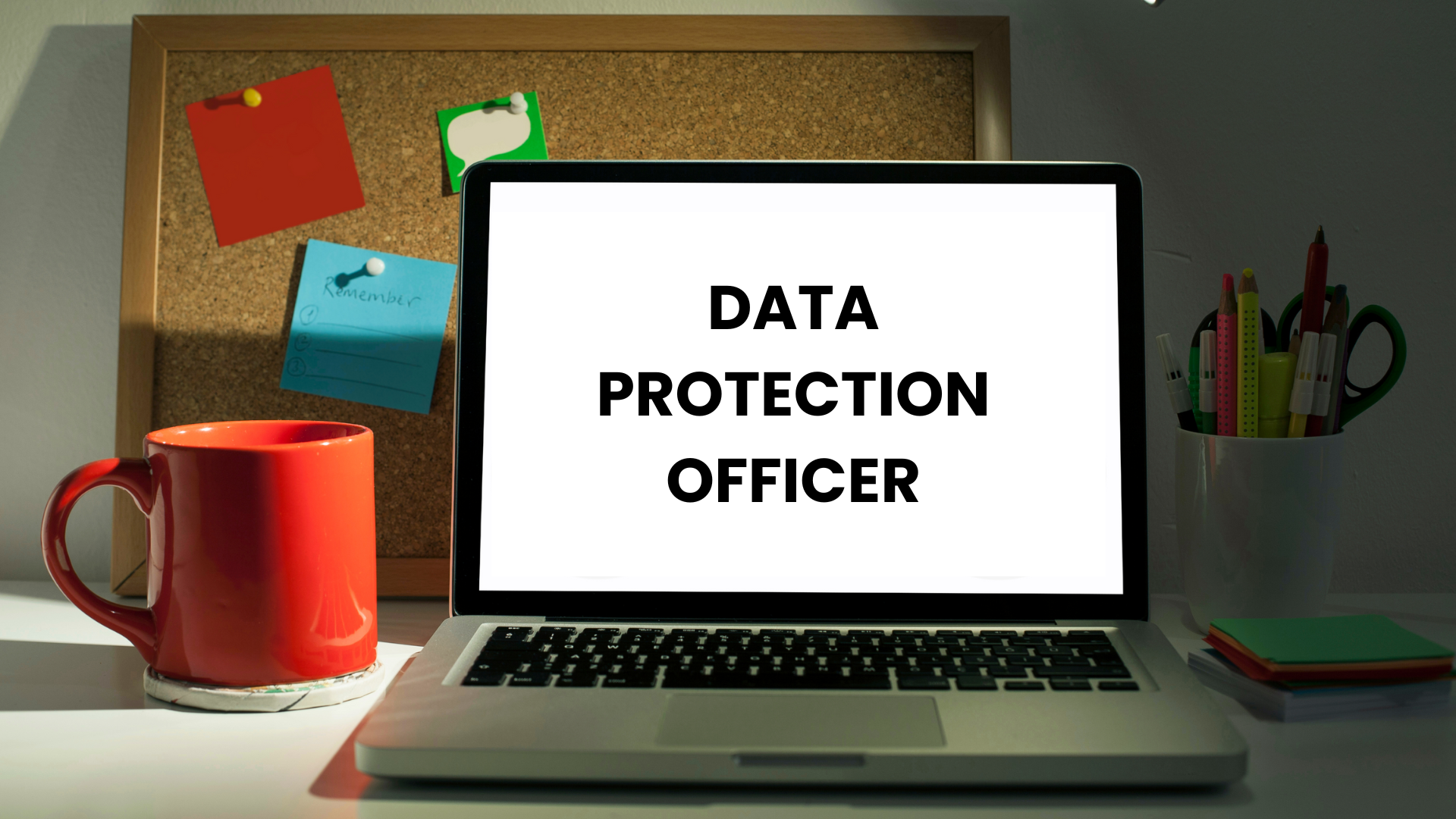Cyber-attacks make headlines almost daily, and when they do, big names like Ticketmaster, the NHS, Trello, or Dell often grab attention due to their high profile. However, all companies, regardless of size or reputation, are just as vulnerable, if not more so. For every high-profile breach that hits the news, hundreds of others go unreported.
Many organisations still underestimate their risk, assuming they won’t be targeted due to their lower profile. In reality, opportunistic attacks that exploit basic vulnerabilities can be just as damaging and likely to lead to an incident.
Larger organisations often have the resources to maintain dedicated cybersecurity teams, but many smaller businesses need more budget and capacity, which can leave them unaware of and more vulnerable to cyber threats.
If you’re ultimately responsible for IT or security for such a business, you’re likely balancing many concerns. One of the questions you might face is whether to build an in-house cybersecurity team or partner with an external consultant, like a Virtual CISO (vCISO).
This article examines the pros and cons of both approaches, focusing on the challenges businesses face and how to make the most informed decision.
Why Cybersecurity is Crucial
For businesses of any size, cybersecurity is now a critical part of everyday operations. But for medium-sized companies, it’s a bit of a double-edged sword. On the one hand, you’re facing the same cyber threats as large enterprises: ransomware attacks, data breaches, and regulatory fines. On the other hand, you likely don’t have the deep pockets that those larger firms use to build dedicated security teams.
And don’t forget about the complications of compliance. Whether it’s GDPR, PCI DSS, or the UK Data Protection Act, non-compliance and breach fines can be steep. For organisations involved in business-to-business sales or those needing to demonstrate strong cybersecurity practices to customers and partners, certification against ISO 27001 or Cyber Essentials may also be a requirement.
In-House Cybersecurity Expertise: Pros and Cons
So, what benefits and challenges should you consider if you’re evaluating whether to develop in-house capability?
Pros:
- Deep understanding of your business: An in-house cybersecurity team gets to know your operations inside and out. They understand the intricacies of your specific business, which can help when tailoring your cybersecurity approach.
- Immediate response: Having a permanent CISO on hand means they’re right there when issues arise. This hands-on control can be reassuring, especially if something goes wrong.
- Stronger relationships with internal stakeholders: Being part of the organisation might allow in-house cybersecurity teams to build closer relationships with other departments. This can lead to more efficient collaboration, faster decision-making, and better alignment.
- Company-specific expertise: An internal team develops expertise around your specific industry, operational processes, and technology. This can lead to more effective risk identification and mitigation strategies, as they know the ins and outs of your organisation’s vulnerabilities and strengths.
Cons:
- High costs and recruitment challenges: Recruiting cybersecurity talent is tough, especially for businesses without internal recruitment teams or the existing internal knowledge to identify strong candidates through the interview process. Salaries for qualified professionals are steep, and even when you find the right person, retention can be an uphill battle.
- CISO burnout is real: The role of a CISO is demanding, and burnout is a genuine concern. With the constant pressure to defend against 24/7 threats, many CISOs move on after just a couple of years. That kind of turnover can leave businesses scrambling.
- Skills can become stagnant: While an in-house team can focus solely on your needs, their exposure to broader industry trends might be limited. They can become immersed in your business and struggle to stay updated with evolving cyber threats or how other organisations approach cybersecurity.
Partnering with a Cybersecurity Consultancy (Virtual CISO): Pros and Cons
While there are definite advantages to having an internal cybersecurity expert or team, what are some benefits when considering partnering with a cybersecurity consultancy?
Pros:
- Access to a broader range of experts: When you work with a cybersecurity consultancy, you’re not relying on just one person. You can access a team of professionals with diverse expertise in various domains, such as compliance, risk management, or cybersecurity strategy. You can also benefit from seamless cross-team communication if you partner with the same consultancy for other services like penetration testing. This internal collaboration is often more efficient and cohesive than working with multiple vendors, who may not communicate or coordinate as effectively.
- Cost-effective expertise on demand: Instead of committing to the expense of a full-time CISO, a Virtual CISO service offers scalable support tailored to your needs. Most providers can scale their services from light-touch and high-level strategic oversight to more hands-on involvement, acting as an extension of your team when required. A Virtual CISO can also help improve internal resources and work with them to empower rather than threaten them.
- Staying current: Virtual CISOs have the advantage of working across multiple industries and organisations, exposing them to a broader variety of cyber threats, attack vectors, and solutions. Embedding in different environments, they gain firsthand experience with emerging risks and technologies and visibility of how various organisations deal with similar challenges. This exposure allows them to remain on top of cybersecurity trends and best practices.
- Consistent long-term support: While CISOs often leave after a short tenure, a consultancy offers continuity. If a key player at the consultancy moves on, the knowledge and experience remain within the provider, ensuring uninterrupted support.
Cons:
- Potential distance from daily operations: There’s sometimes a perception that a third-party consultant won’t be as close to daily operations as an in-house CISO. Failing to integrate your Virtual CISO with your team can limit the value; however, an experienced consultancy will implement structure and an approach that mitigates this risk.
- Tailoring to your business: A common concern among organisations is that a consultant might not fully grasp their business’s unique nuances and specific needs as deeply as an in-house team. While this is a valid consideration, most cybersecurity consultancies offering Virtual CISO services are experienced in understanding their clients’ environments and challenges. The Virtual CISO works to develop strong situational awareness through a thorough onboarding process, which involves understanding the organisation’s structure and goals.
CISO Burnout and the Cybersecurity Talent Gap
It’s worth digging deeper into CISO burnout, as it’s a significant issue for businesses today. Being the figurehead and person ultimately responsible for managing cyber threats can wear even the most experienced professionals down. Many CISOs leave their roles in just a couple of years, forcing businesses to undergo the expensive recruitment process all over again.
In a 2024 study, over 80% of CISOs classified themselves as “highly stressed,” with 50% reporting that team members had quit their roles in the last year due to workplace stress[1]. Sustained workplace stress generally leads to burnout, which comes at a tremendous personal cost to the individuals involved and poses significant risks to organisations. When key cybersecurity leaders leave due to burnout, businesses can be left vulnerable, lacking the leadership and expertise they need during a potentially extended gap in coverage.
A CISO skillset may vary between organisations, depending on factors such as sector and the required blend of technical, security, and business and communications skills demanded by a particular organisation. Generally speaking, though, most successful security leaders share core skills such as:
- Strong leadership, team management, and the ability to recruit and retain skilled talent.
- Communication skills that allow them to translate technical concepts and articulate cybersecurity risks to non-technical audiences. Strong CISOs work effectively across departments, collaborating with IT, legal, compliance, and internal support functions such as marketing and operationally-focused teams. Building relationships with these stakeholders is vital to implementing a company-wide security strategy.
- Well-rounded technical knowledge and understanding of cybersecurity principles and good practices. While the industry has much debate concerning how technical CISOs should be, most will have a broad foundational understanding. CISOs may only sometimes need to be hands-on, but their ability to oversee technical teams or evaluate solutions is crucial.
- Strategic thinking and understanding that cybersecurity must always be an enabling factor aligned with the organisation’s objectives.
- Understanding of risk management strategies and how to align cyber and business risks.
- Successful CISOs remain adaptable, committed to continuous learning, and stay informed about emerging threats, regulations, and technologies to ensure their strategies remain relevant.
- An ability to remain calm under pressure, lead their teams through security incidents, and ensure that incident response plans are well-executed, minimising impact on the business.
Considerations for Decision-Makers
When deciding whether to go in-house or work with a consultancy, it’s essential to ask:
What’s your budget?
Hiring a full-time CISO and building a team is a significant investment. Partnering with a consultancy can provide the same expertise at a fraction of the cost.
How mature is your current cybersecurity strategy?
If your business is still getting up to speed, a consultancy might be the best option to get you on the right path quickly.
How committed are you to having a CISO?
CISOs are highly dependent on the resources and support the organisation provides, and their reputation often depends on the success of the cybersecurity programs they oversee. No CISO wants to be at the helm when a breach happens, especially if they haven’t been given the tools to prevent it. If you choose to bring a CISO into your business, it’s essential to fully commit by providing the necessary budget, personnel, and authority. Hiring a CISO as a token gesture or symbolic move, without backing them with real support, will likely lead to frustration and a quick departure, leaving your organisation vulnerable and without leadership.
Can your security needs scale with your business?
As your business grows, so do your security requirements. Consultancies offer the flexibility to adjust their services as your needs change.
What are your short, medium, and long-term goals?
An established organisation with solid financial stability might opt to invest in building an in-house cybersecurity team for the long term. Even then, a consultancy can provide valuable interim support while the internal team is being developed. Conversely, a start-up may want to bring security expertise in-house early to lay a strong foundation, though this is often challenging as new businesses need to remain lean in their early stages.
Could a Hybrid Model Be the Best Solution?
A hybrid model is quickly becoming the preferred choice for businesses looking for a balance between control, expertise, and scalability. It combines the best of both worlds; your in-house team brings a deep understanding of your business, while a Virtual CISO provides external, industry-wide insights and strategic guidance. This approach allows businesses to stay agile, adapting to changing needs without the full commitment of hiring and maintaining an entire internal security department. As your company grows, the hybrid model scales, ensuring you have the right level of expertise at every stage. With this model, you’re not just covering your current needs but actively positioning your business to stay ahead of future challenges.
Organisations with a tight budget can still benefit from a light-touch Virtual CISO approach. Even on a smaller scale, an external Virtual CISO can serve as a valuable advisor, helping to ‘keep you honest’ by providing an experienced, objective perspective. They can challenge your decision-making, offer strategic insights, and help steer you clear of common cybersecurity pitfalls, helping you maintain a strong security posture without overextending your resources and budget.
What’s Right for Your Business?
Deciding between an in-house cybersecurity team and a cybersecurity partner is more than one-size-fits-all. While an in-house team offers hands-on control and deep integration with your business, it also comes with high costs, burnout risks, and turnover concerns. On the other hand, partnering with a consultancy can offer broader expertise, cost savings, and long-term stability.
If you’re uncertain which approach is best for your business, starting with a broad cybersecurity review can be invaluable. This will give you a clear understanding of your current vulnerabilities, strengths, and areas for improvement. It will also provide insight into how your cybersecurity needs may evolve as your business grows and the threat landscape changes. Even if you already have in-house security personnel, an external Virtual CISO can add significant value by offering an objective perspective, specialised expertise, and broader industry insights. This hybrid approach can complement your existing team, providing strategic oversight and helping to fill gaps in knowledge or resources that might not be covered internally.
With this knowledge, you’ll be better positioned to evaluate whether an in-house team, a consultancy, or a hybrid model will most effectively support your long-term security objectives, operational requirements, and budget. Taking this first step ensures that your decision is grounded in thoroughly understanding what will work best for your unique situation.




